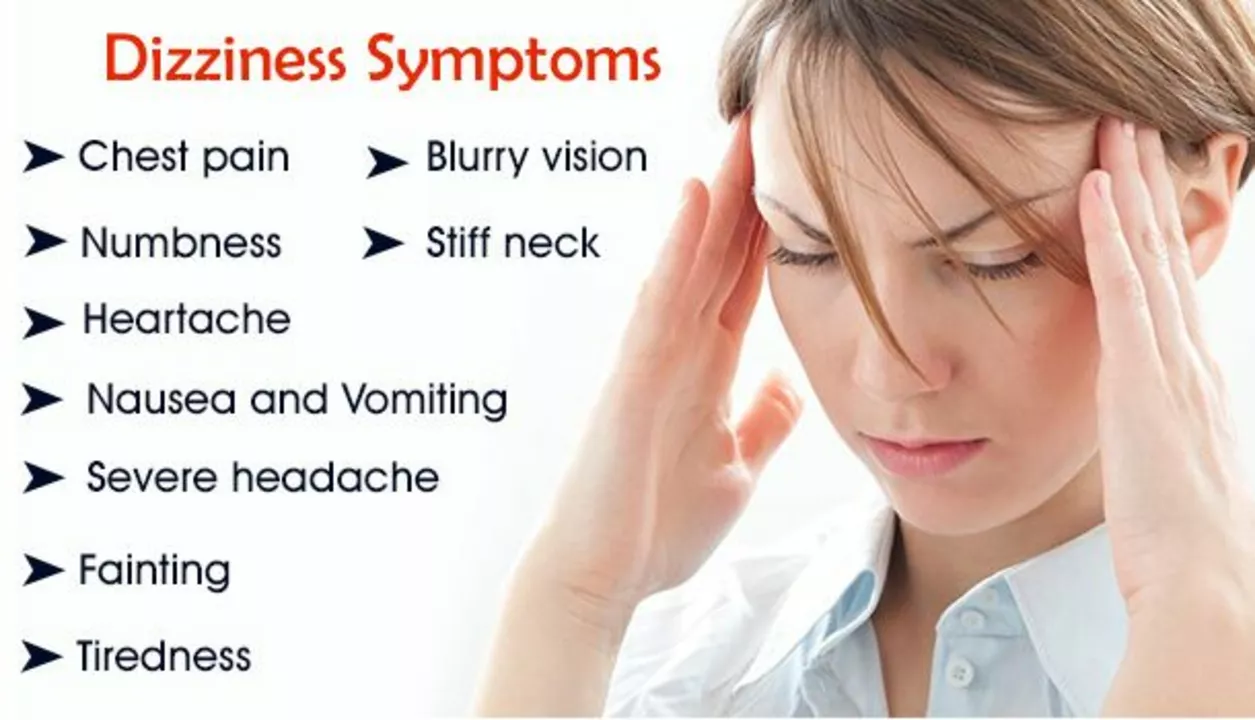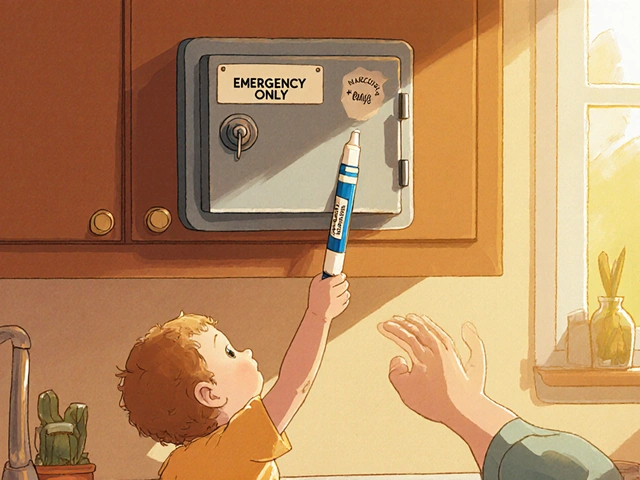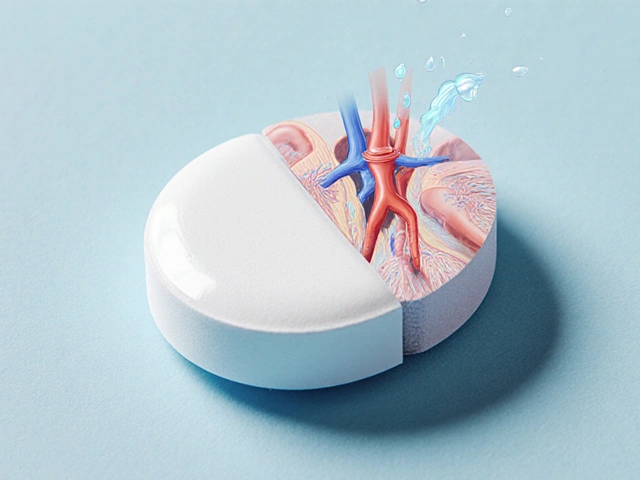Mental health: clear, practical help for anxiety, depression, and stress
Feeling anxious, low, or overwhelmed? That’s more common than people admit. This page gathers down-to-earth advice on treatments, safe medication choices, therapy options, and daily steps you can use right now. No fluff — just useful, real-world tips you can try or bring up with your doctor.
Practical daily steps that actually help
Start with small habits. Aim for 30 minutes of movement most days — a brisk walk, a short bike ride, or a home workout. Movement boosts mood and clears the mind. Hold a sleep routine: same bedtime, same wake time, and cut screens 30 minutes before sleep. Try one focused breathing exercise when stress spikes: inhale for 4, hold 4, exhale 6 — repeat three times.
Diet matters too. Keep protein with meals, drink water, and cut back on late-night heavy carbs if they disturb your sleep. Limit alcohol — it can deepen depression and increase anxiety. Keep a short list of three people you trust and text or call them when things feel heavy. Social contact is one of the fastest ways to feel less alone.
Medication, therapy, and how to choose
Medication helps many people, but it’s not the only path. For anxiety and depression, options range from SSRIs to SNRIs, bupropion, and medicines like buspirone for specific anxiety types. If one drug doesn’t work or causes bad side effects, there are real alternatives — our site covers alternatives to common meds so you can talk to your clinician with clear questions.
Therapy matters. Cognitive behavioral therapy (CBT) is a good starting point for anxiety and depression. If CBT isn’t a fit, try acceptance and commitment therapy, interpersonal therapy, or guided online programs. Some people mix meds and therapy; others prefer therapy alone. The right combo depends on your symptoms and life goals.
Worried about online pharmacies or buying medicines? Use licensed pharmacies, check for verifiable contact details, and avoid sites that sell prescription medicines without a prescription. Our articles explain how to spot scams and what to check before you buy anything online.
When should you get professional help? If low mood lasts more than two weeks, anxiety stops you from functioning, or you have thoughts of self-harm, reach out now. Contact your primary care doctor, a psychiatrist, or emergency services depending on immediacy. If you have suicidal thoughts, call local emergency numbers or a crisis line right away.
Need quick next steps? Make one small change today: a 20-minute walk, one deep-breathing break, or a call to someone supportive. Book an appointment with a clinician if changes don’t stick or symptoms get worse. Mental health care is practical, treatable, and worth asking for.
Browse the linked articles on this tag to learn more about specific meds, safe online buying, therapy choices, and lifestyle tips. Use what fits you, skip the rest, and keep asking questions until you find a path that helps.





